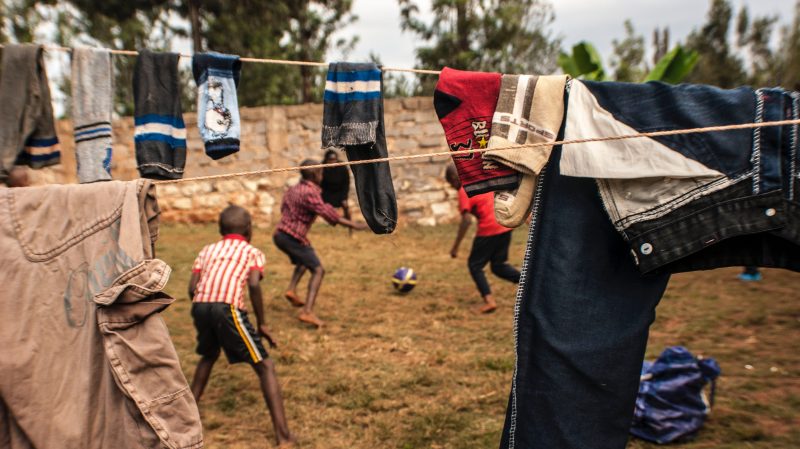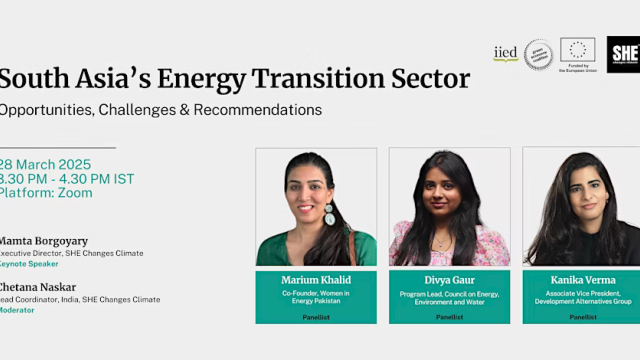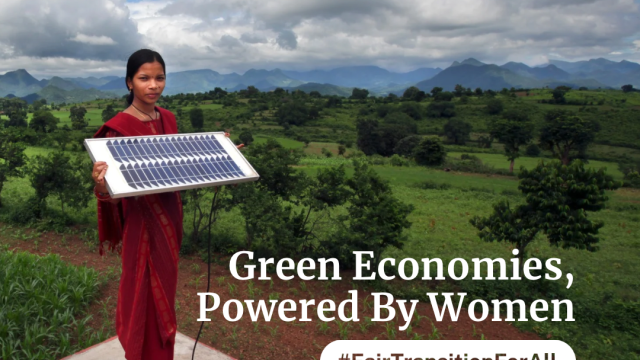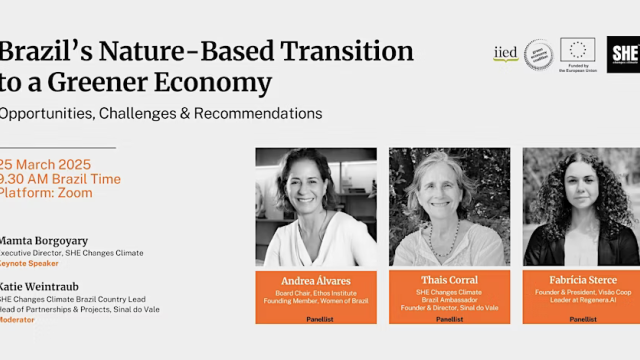AMCEN African green economy update

A pre-event regional workshop focused on the topic of ‘Inclusive Green Economies for Poverty Reduction and Sustainable Development in Africa’, while UNEP chose to launch its synthesis report ‘Building Inclusive Green Economies in Africa’ toward the end of the conference on the 5th of March.
The conference unveiled a range of realistic opportunities for transition to green economies, and also answered the call from African governments for detailed research scoping the challenges they can expect to face in implementing green economy plans and scaling up proposed solutions.
The synthesis report was produced based on research into the key findings in agriculture, energy, water, fisheries, buildings, manufacturing, transport and tourism from the implementation of green economy strategies & action plans in 10 different African countries.
Speaking at the conference, UN Under-Secretary-General and UNEP Executive Director Achim Steiner said:
“This report makes clear that green investments can not only drive economic growth faster than business as usual investments, but represent a valuable opportunity for Africa to conserve the natural wealth on which economies, lives, and livelihoods depend.”
“Enormous sustainable, renewable, and untapped resources exist on this continent. Africa receives 325 days per year of sunlight and is using less than 7 per cent of its hydroelectric potential, and less than 2 per cent of its geothermal capacity.”
Other key findings from the report include:
- Burkina Faso – In Burkina Faso, renewable energy investment scenarios are projected to save up to 100,000 hectares of forest area by 2050, corresponding to a reduction of about 16 thousand tonnes of CO2. Burkina Faso has also pioneered a National Investment Plan for Environment and Sustainable Development to increase funding in environmental sustainability.
- Egypt - Energy efficiency measures in Egypt could save 30 per cent of energy consumption, estimated at 33 billion kW. Egypt has already installed 225 MW of wind energy capacity through the Egyptian Electricity Transmission Company.
- Kenya – GDP growth in Kenya is projected to be 12 per cent higher by 2030 under the green economy scenario, as compared to a baseline scenario. A shift in investment to green sectors would lead to an additional 3.1 million people in Kenya being lifted out of poverty by 2030, compared to traditional investments.
- Senegal - In Senegal, it is estimated that green investments in sustainable agriculture technologies and techniques will facilitate an increase in arable land. Total available agricultural land is projected to decrease in Senegal if no green investments are made.
- South Africa – In South Africa, investments in natural resource management, and particularly in land restoration, are projected to save billions of tonnes of water.
For further information please visit the UNEP or AMCEN websites or see the full UNEP report here.


